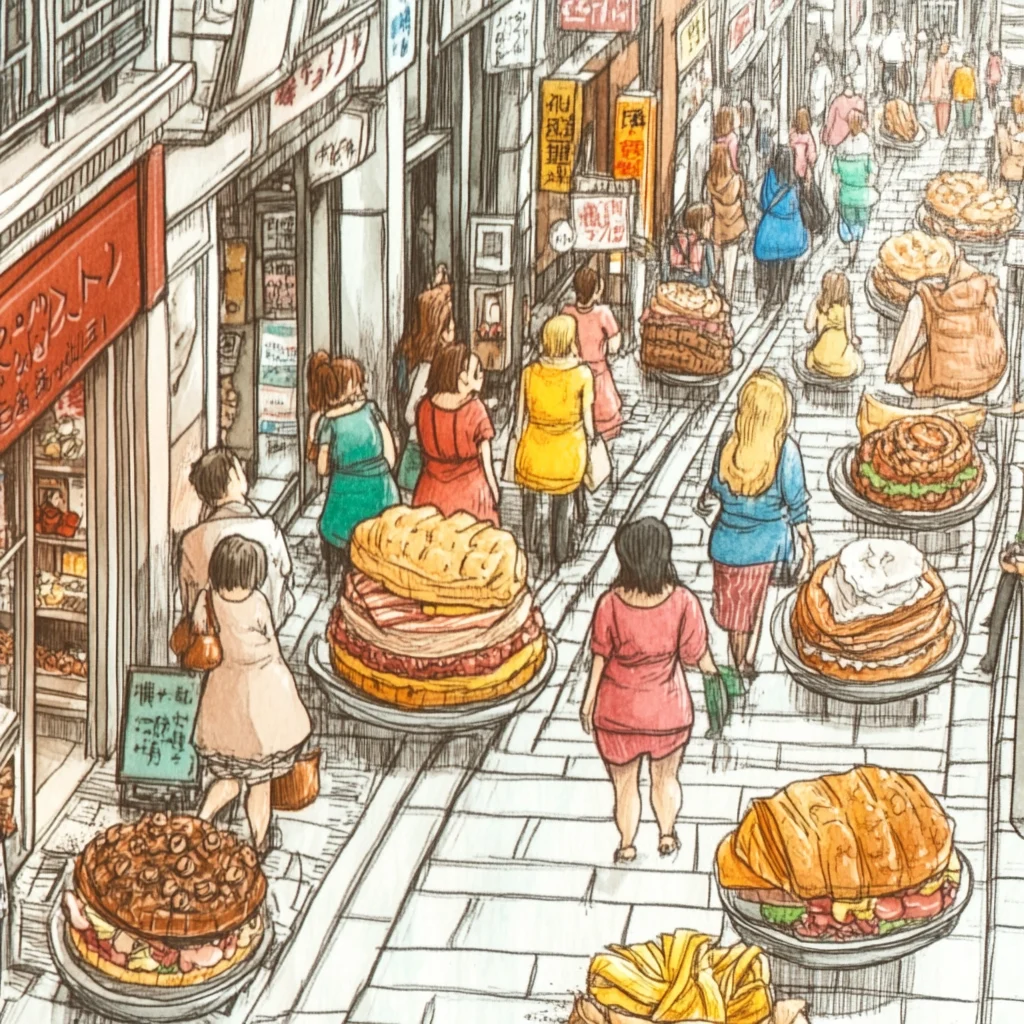Ultra-Processed People: Dr. Chris van Tulleken’s Eye-Opening Exposé on What’s Really in Our Food

In his new book, Ultra-Processed People, Dr. Chris van Tulleken—the renowned infectious diseases doctor and BBC broadcaster—delves into a global issue that’s both insidious and deeply personal: ultra-processed food (UPF). From his years of medical training at Oxford to his groundbreaking research on corporate influence over child nutrition, van Tulleken has long been fascinated by the ways industries shape human health. And in Ultra-Processed People, he explores how UPF is damaging not only our bodies but also our planet.
Who is Dr. Chris van Tulleken?
Dr. Chris van Tulleken is a familiar name in both medicine and media. As an infectious diseases doctor at London’s Hospital for Tropical Diseases and an Associate Professor at University College London, his research zeroes in on how corporations shape public health policies, particularly concerning child nutrition. With UNICEF and the World Health Organization as partners in his work, he’s on the front lines of exposing the darker side of corporate influence on food and health. He’s also a celebrated broadcaster with the BBC, where his work has won two BAFTAs.
Ultra-Processed People: The Book That Breaks Down UPF
In Ultra-Processed People, van Tulleken reveals a hidden world of food science, delving into the economics, history, and production of UPF—a category that makes up over half of the calories consumed in many Western diets. UPFs are engineered to be convenient, cheap, and addictive, with textures and flavors designed to keep us coming back for more. But what’s the cost? Van Tulleken argues that these foods come with long-term health impacts that even exercise and willpower can’t counteract.
His investigation offers eye-opening insights, revealing the ways UPF contributes to weight gain, disrupts our metabolic health, and even affects mental well-being. And it’s not just about individual health: UPF production is also a major environmental problem, with impacts on land use, waste, and biodiversity.
Why Willpower Isn’t Enough: UPF and the Struggle Against Addiction
One of the most striking points van Tulleken makes is that the addictive nature of UPF isn’t a flaw—it’s a design feature. UPFs are crafted to hit pleasure centers in the brain in the same way addictive substances do. As a result, relying on willpower alone to avoid them is often a losing battle. In fact, van Tulleken argues that the “personal responsibility” narrative around food and health is misleading, distracting us from the need for systemic changes in food production and regulation.
What Can We Do? Moving Beyond UPF
Dr. van Tulleken’s book doesn’t just expose the harm; it also explores ways to break free from UPF dependence. He advocates for clearer food labeling, tighter regulations on food marketing (especially for children), and an increased focus on whole, minimally processed foods. But perhaps most importantly, he calls for a societal shift in how we view food, health, and corporate accountability.
Final Thoughts
Ultra-Processed People is more than just a book on nutrition; it’s a call to action. Dr. van Tulleken’s journey through the world of UPF is a compelling reminder of the power corporations hold over our food and health. But with greater awareness, he believes we can make choices that protect not only our bodies but also our planet.